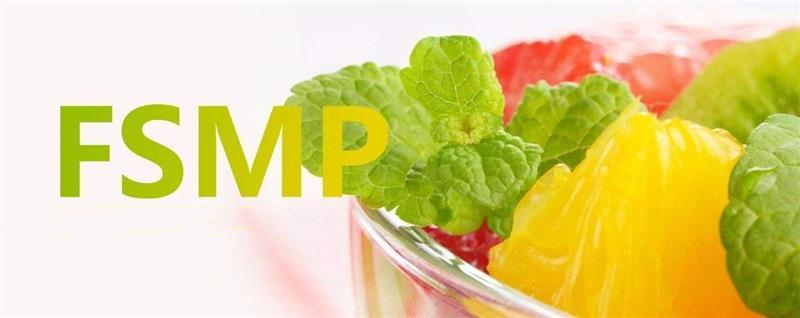


The State Administration for Market Regulation (SAMR) revised and released the "Administrative Measures for the Registration of Food Formulae for Special Medical Purposes" ("the Measures") on November 28. On December 3rd, the SAMR released an interpretation regarding relevant matters. The following is a translation of the relevant content.
1. What is the background of the revision of the Measures?
Since its implementation on July 1, 2016, the Measures have played an important role in regulating product R&D registration, ensuring product quality and safety, promoting steady industry development and safeguarding the health rights and interests of people with special medical conditions. However, recent registration management practices have shown that there is still room for improvement in the current regulations. It is necessary to further strictly regulate the registration requirements for special medical food, optimize the registration management process, consolidate the overall responsibility of enterprises, and continuously improve the business environment, in order to promote the high-quality development of the industry.
2. What are the main revisions of the Measures?
The Measures, combined with recent registration management practices, widely listened to the opinions and suggestions of relevant parties, implemented the concept of regulatory service for the people, and took into account both the "four strictest" food safety requirements and the requirements of serving industry development. In terms of regulatory service for the people, the Measures emphasize that the registration of special medical food should be guided by clinical nutritional needs, and provide a priority review and approval procedure, which includes rare diseases and clinically urgent new types of special medical food, to encourage enterprises to research and develop clinically needed products and meet the clinical needs of patients. In terms of strict registration requirements, the Measures emphasize the conditions and capabilities that the applicant should possess, the legal responsibilities and obligations that he or she should undertake, and clarify the seven situations in which registration is not permitted. The Measures also add a "product's other technical requirements" item to the registration certificate, further ensuring product quality and safety. The Measures highlight the characteristics and prohibitions of labels and instructions, and tighten the disposal of illegal acts. In terms of optimizing the business environment, the Measures optimize the on-site verification process, refine the content of on-site verification, compress the time limit for clinical trial verification, improve the efficiency of review and approval, and clarify the legal effectiveness of electronic certificates, etc.
3. What are the situations in which registration is not permitted?
The original Measures required that special medical food shall comply with relevant laws, regulations and national food safety standards, but did not specify the situations where registration is not permitted. The revised Measures clarify the seven situations in which registration is not permitted: falsifying or submitting false application materials; providing application materials that do not support product safety, nutritional adequacy, and clinical effectiveness for special medical purposes; not having the research and development, production or testing capabilities corresponding to the registered product; not submitting correction materials within the prescribed time limit, or submitting correction materials that do not meet the requirements; being unable to confirm the date of on-site verification which is overdue, and refusing or failing to cooperate with on-site verification and sampling inspection; the on-site verification report conclusion or sample inspection report conclusion is not in compliance with the registration requirements; and other situations that do not meet the registration requirements of laws, regulations, rules, national food safety standards, and technical requirements.
4. What are the adjustments to the requirements for applicants?
The Measures further emphasize the conditions, capabilities, legal responsibilities, and obligations that the applicant should possess, and strengthen the main responsibility of the applicant. For example, the applicant should be responsible for the authenticity, completeness, legality, and traceability of the submitted materials, and assume legal responsibility. The applicant should cooperate with the market supervision and management department to carry out on-site verification, sampling inspection, and other work related to registration, and provide necessary work conditions.
5. What are the contents of on-site verification and sampling inspection?
The revised Measures specify that the review agency shall organize on-site verification and sampling inspection of production sites and clinical trials of the applicant according to the food safety risk, and may conduct extended verification of food raw materials and food additive manufacturers, etc.
6. What are the revisions of the registration certificate?
To ensure product quality and safety, strengthen registration technical review, the Measures clarify that the technical requirements of the product should be added to the attachment of the registration certificate. In addition to complying with the corresponding national food safety standards, enterprises should also organize production according to the registered product's technical requirements. Samples dynamically selected from on-site verification should be inspected according to national food safety standards and product technical requirements.
Need help or have a question?
Send mail